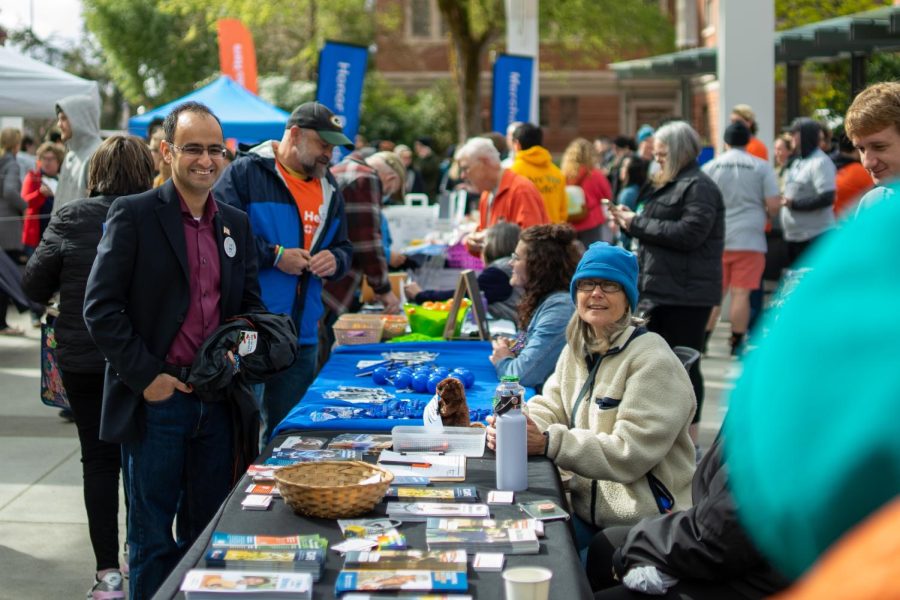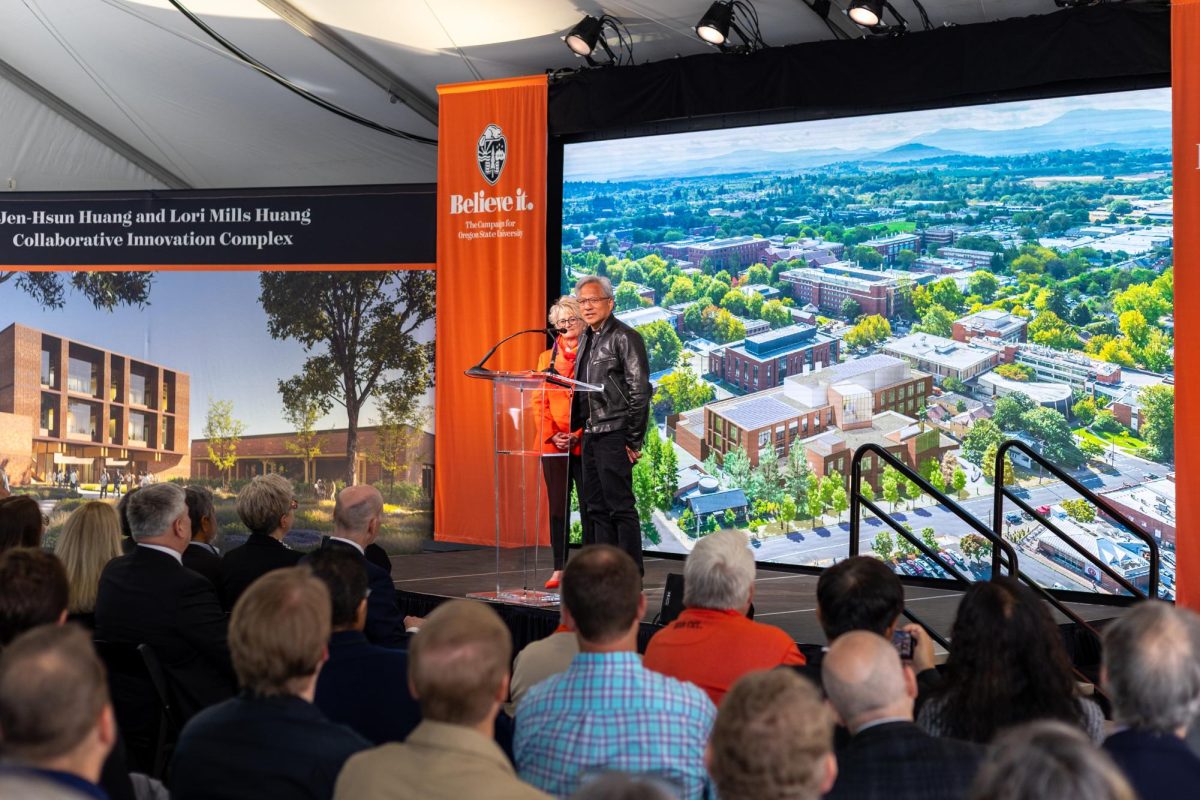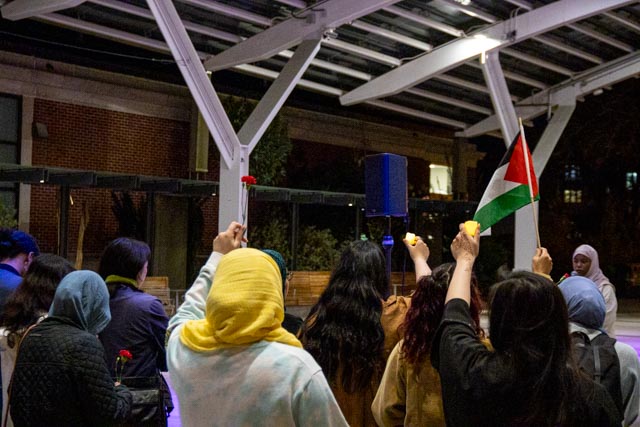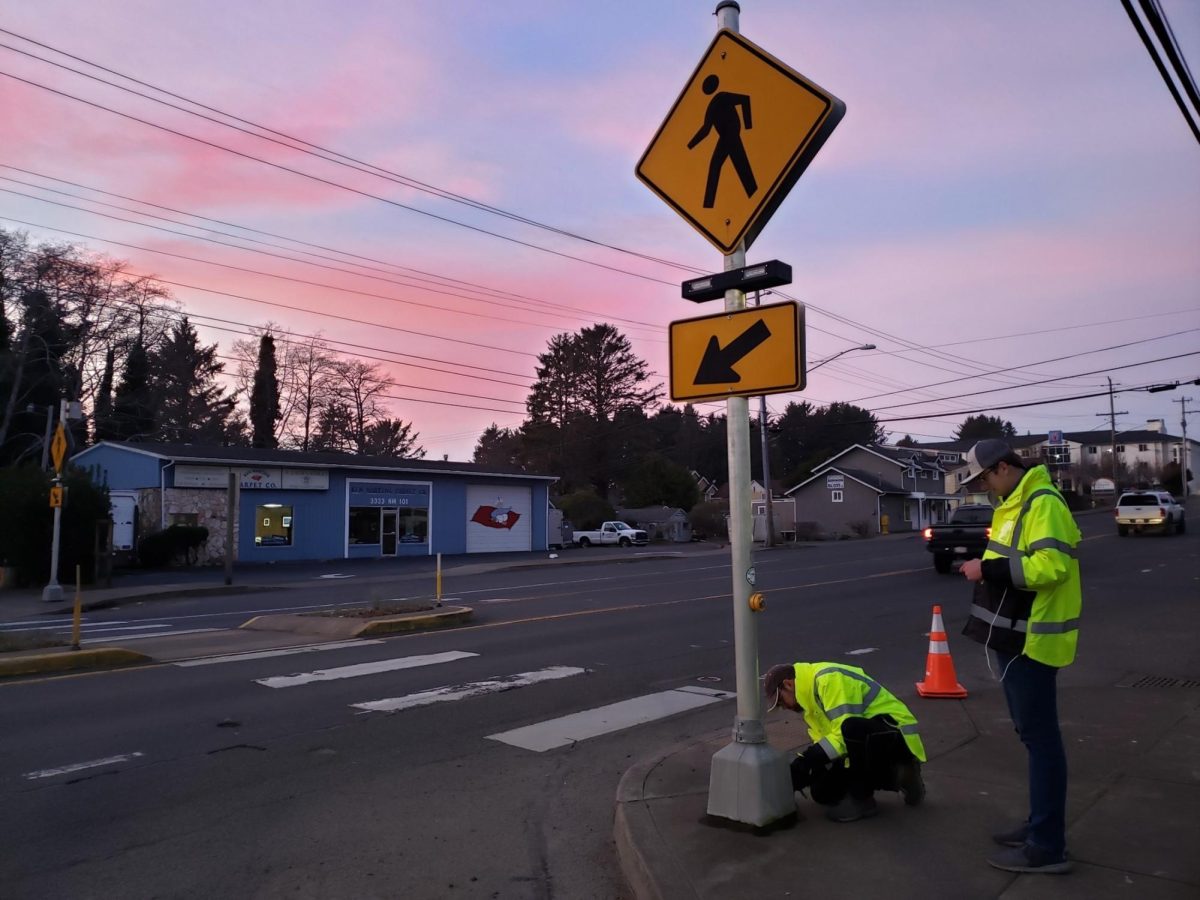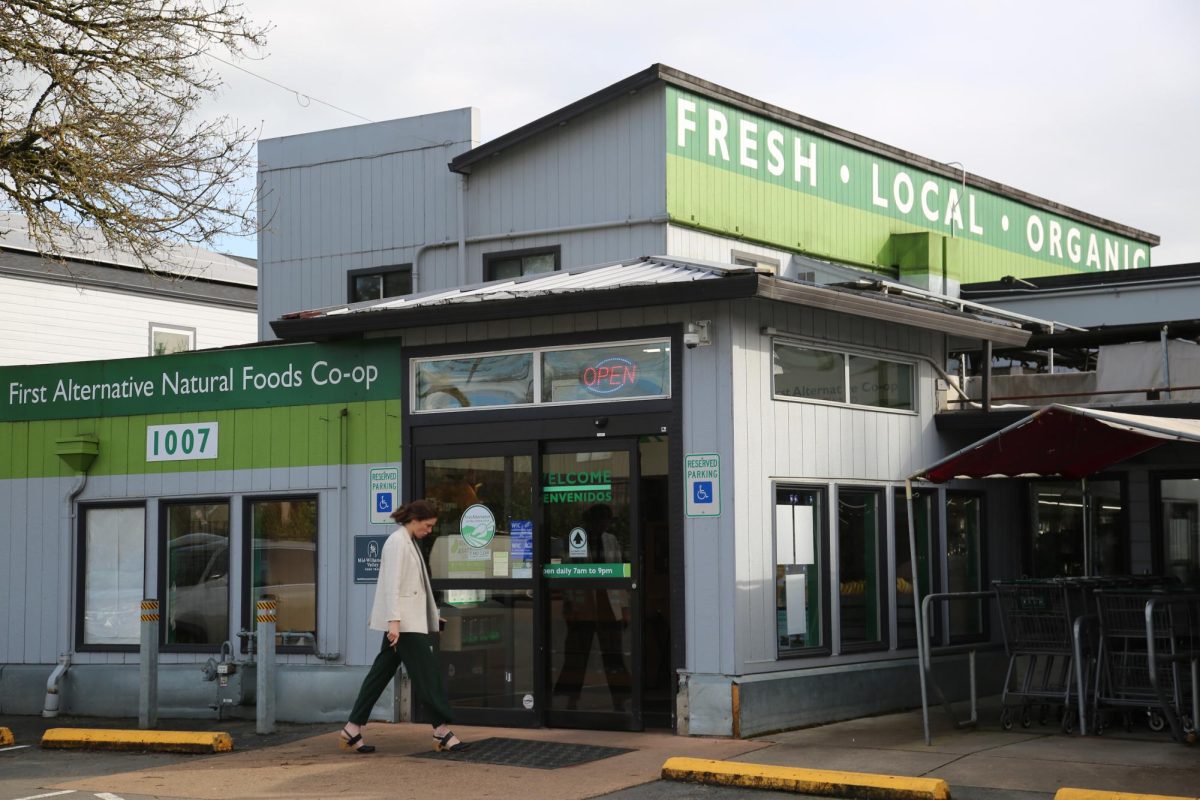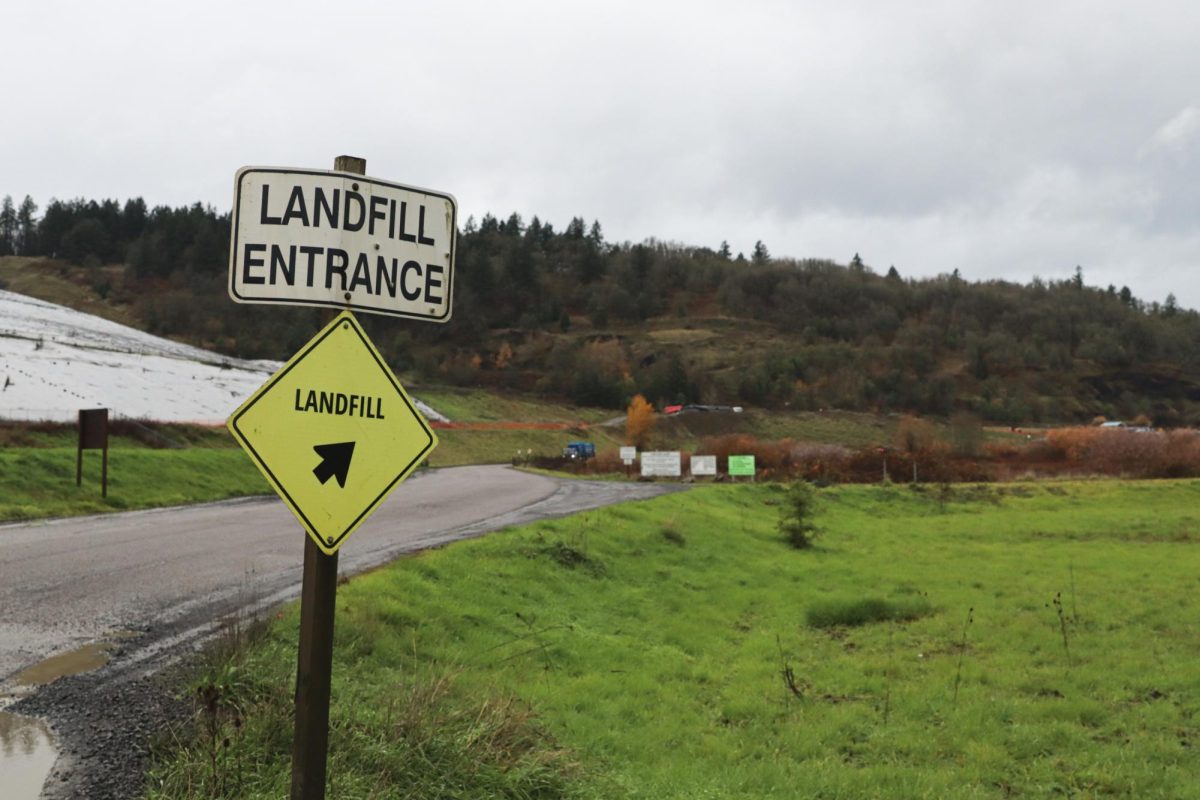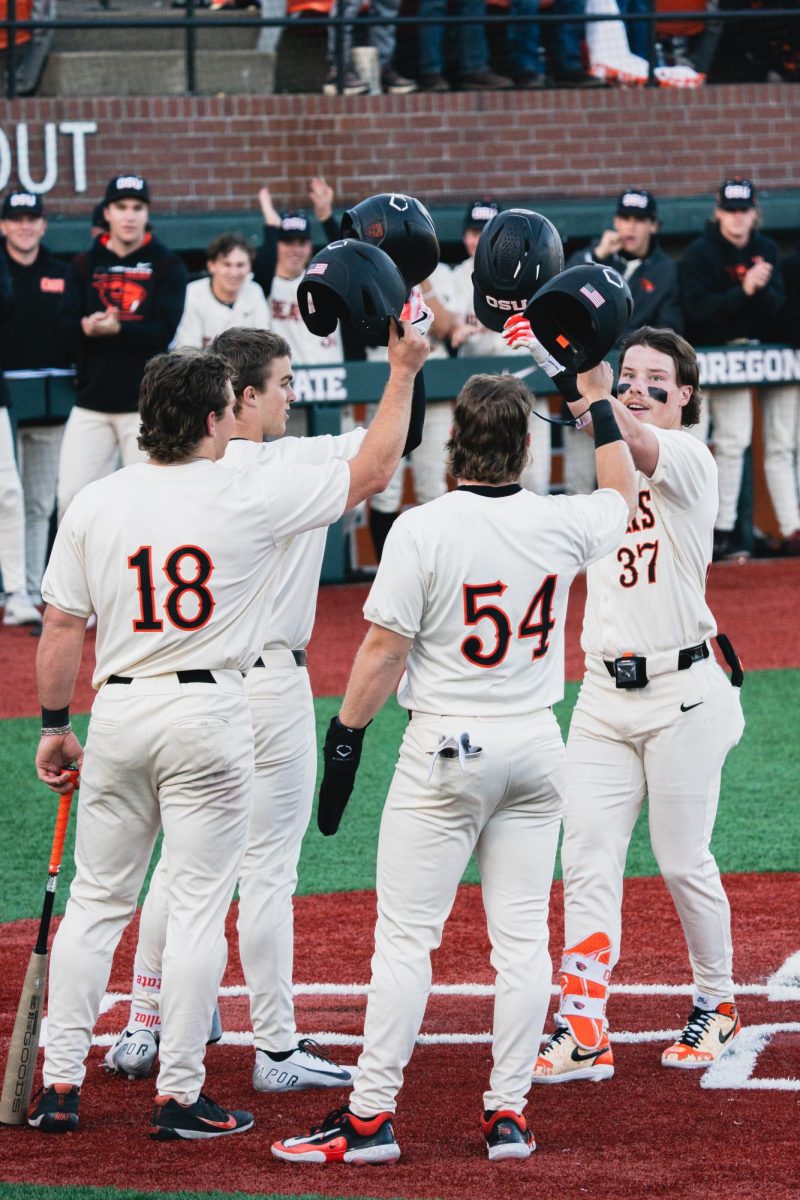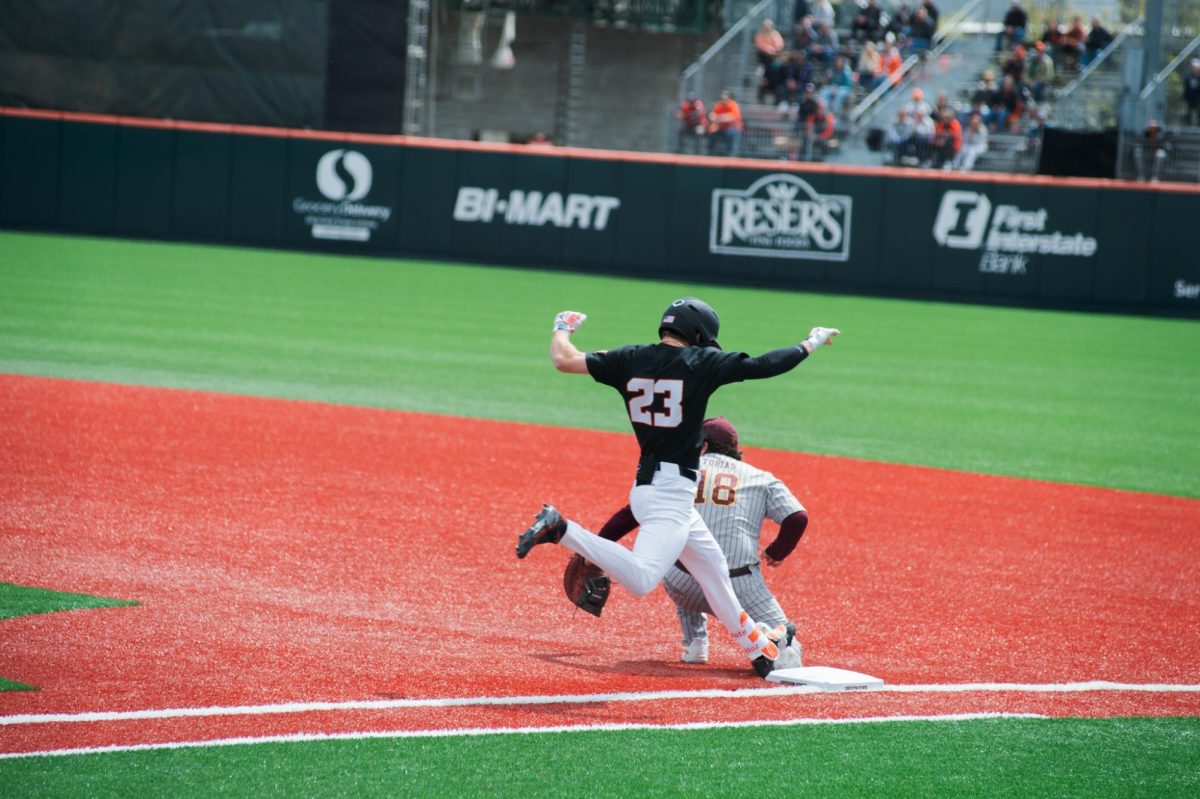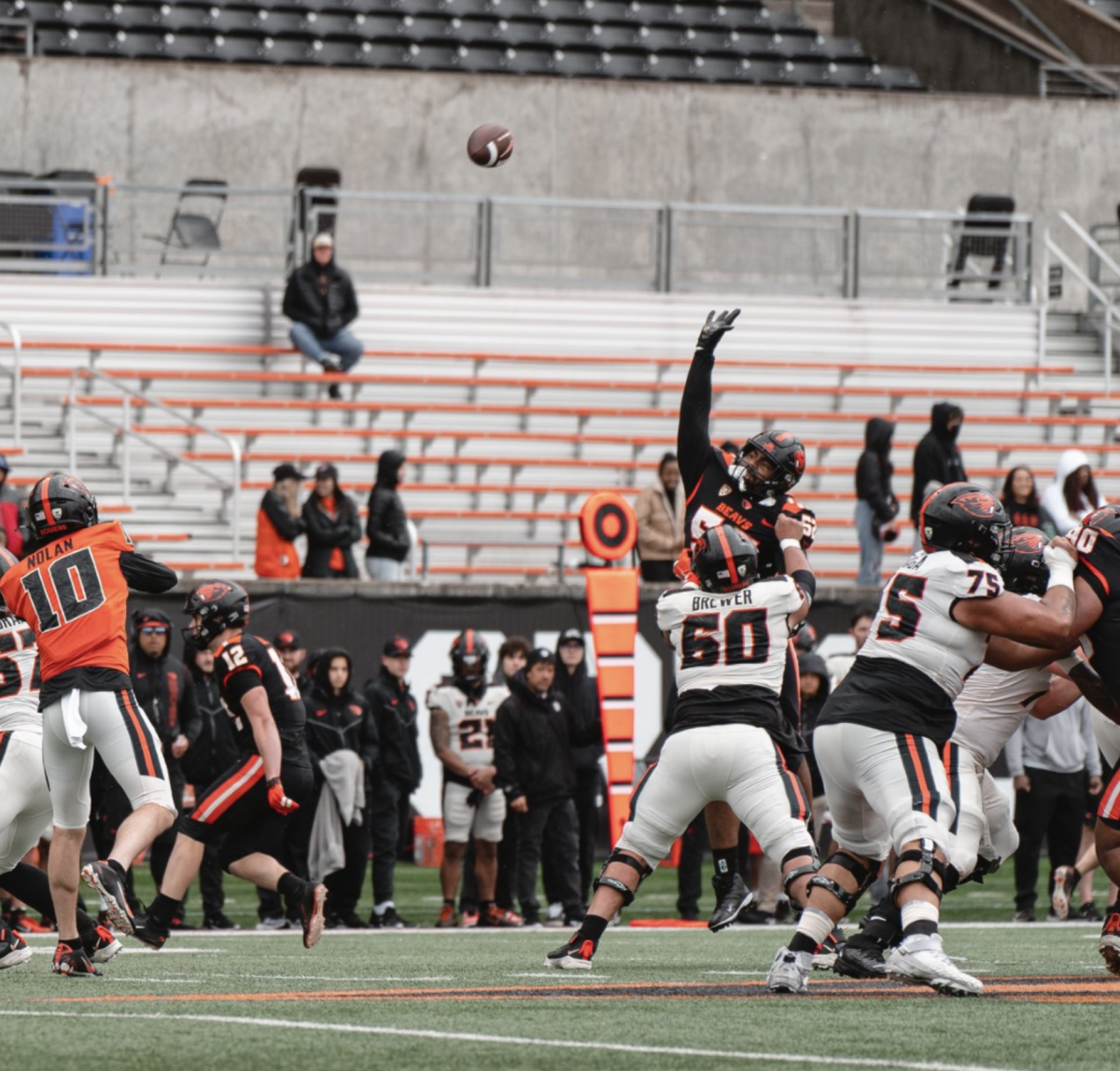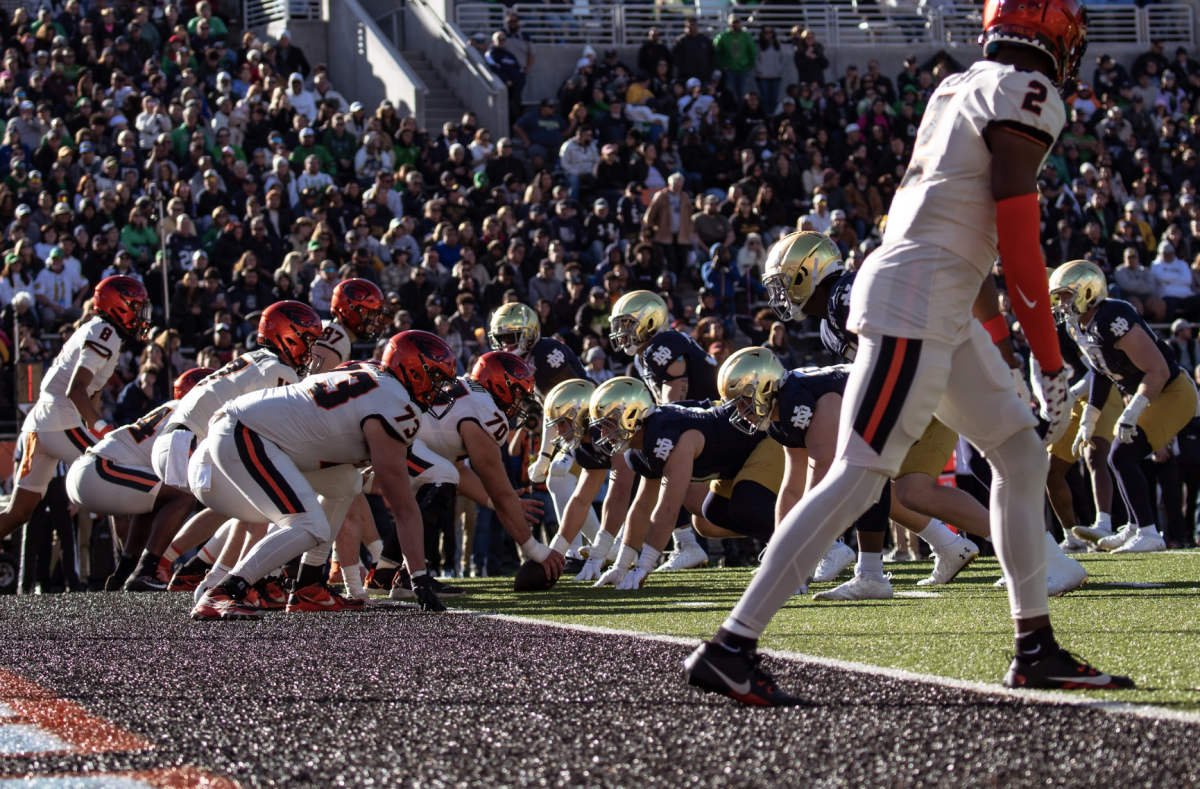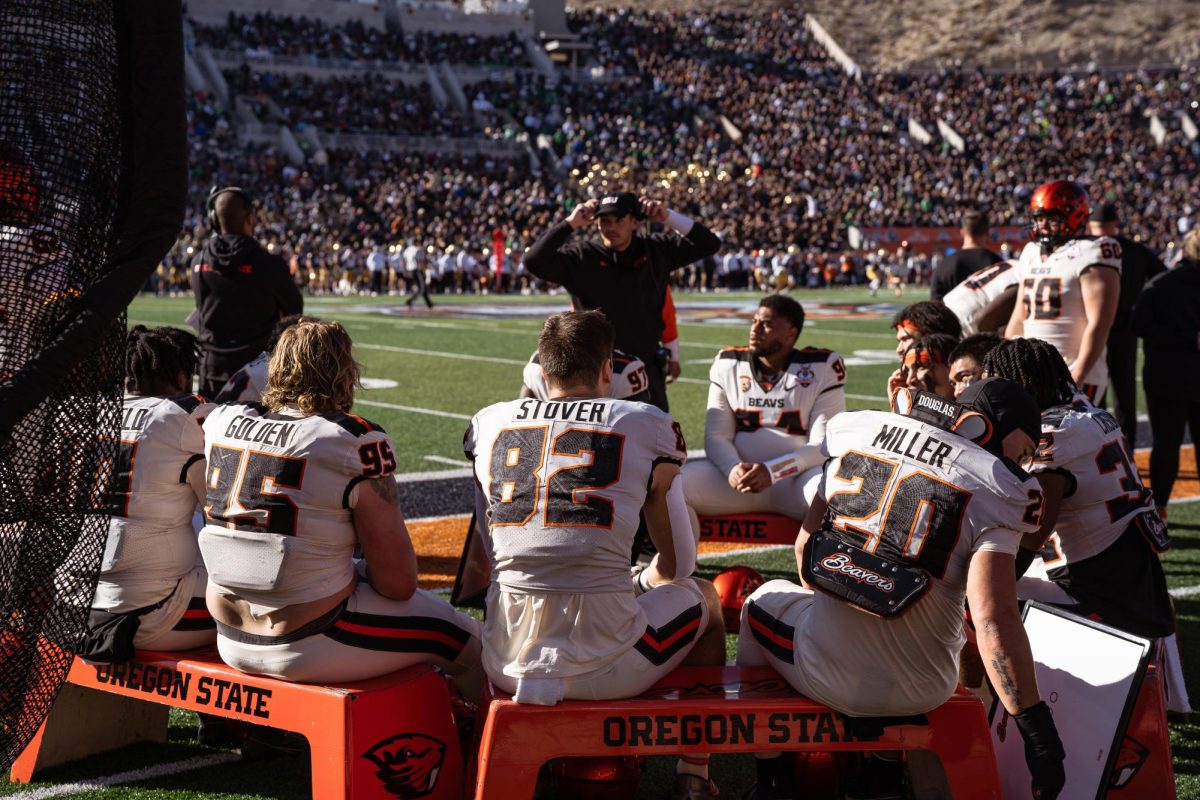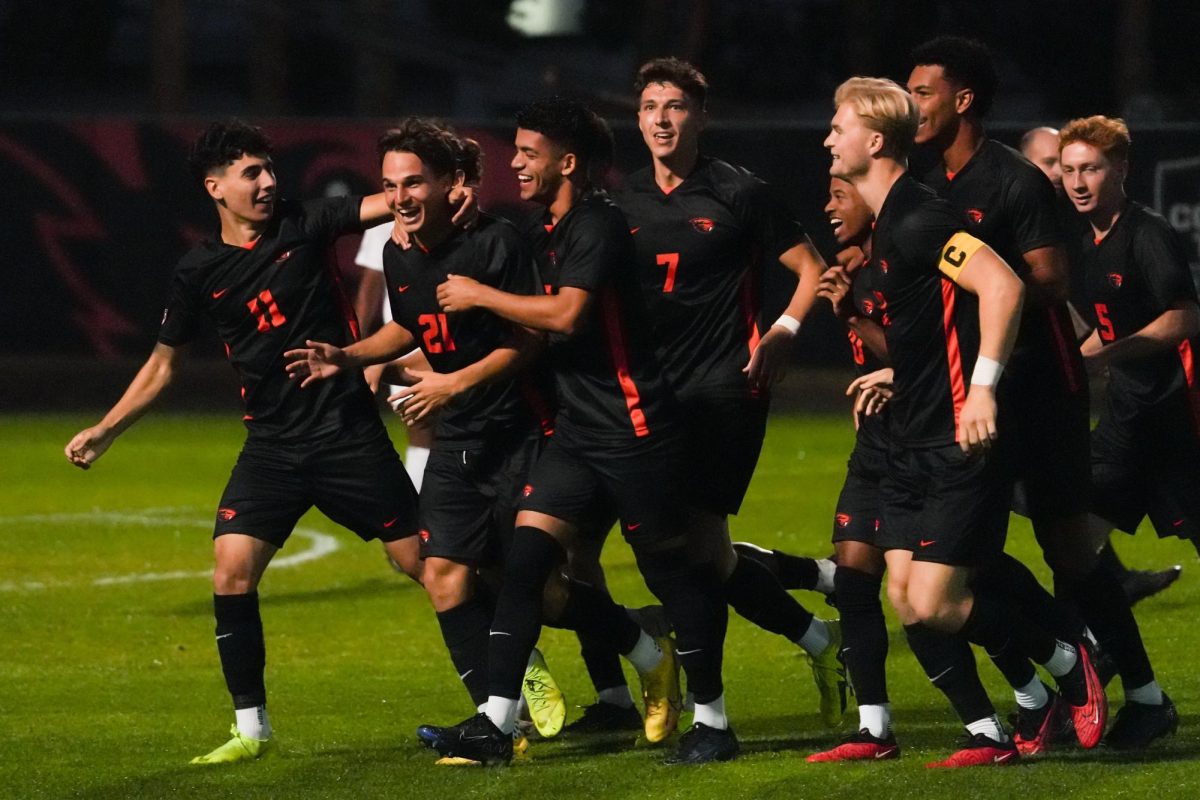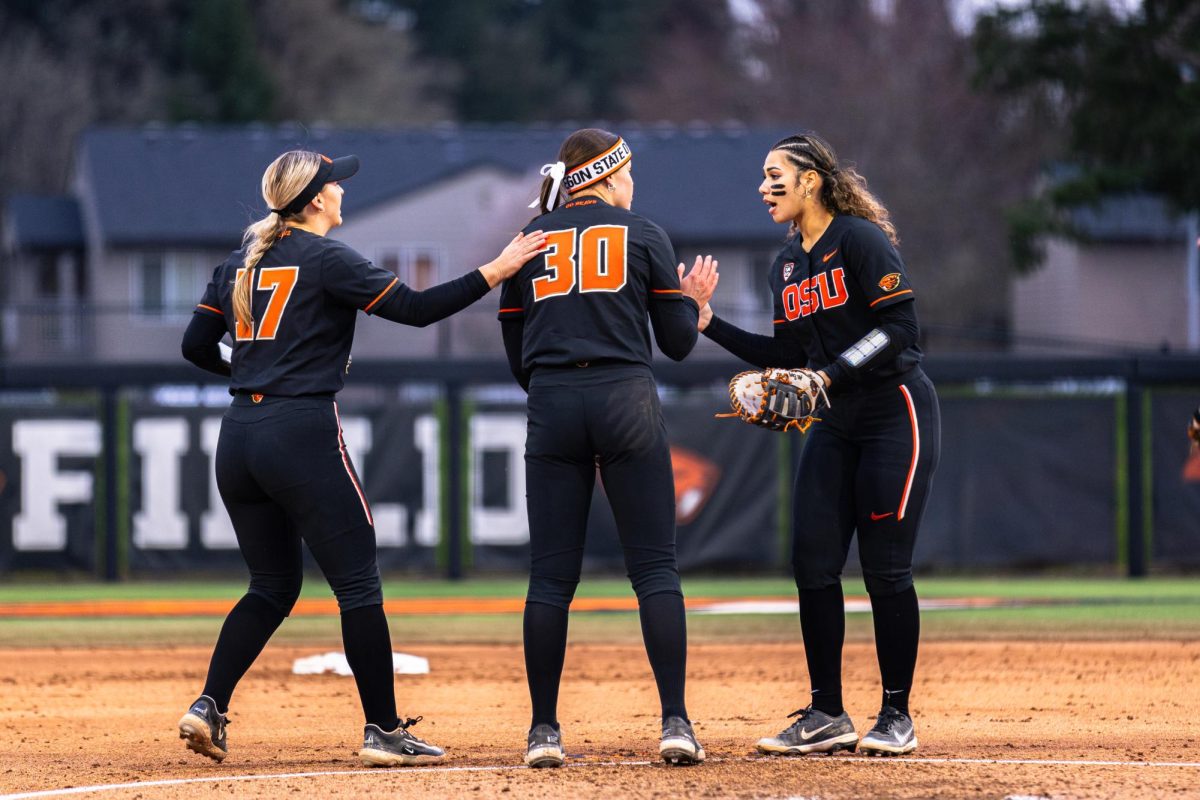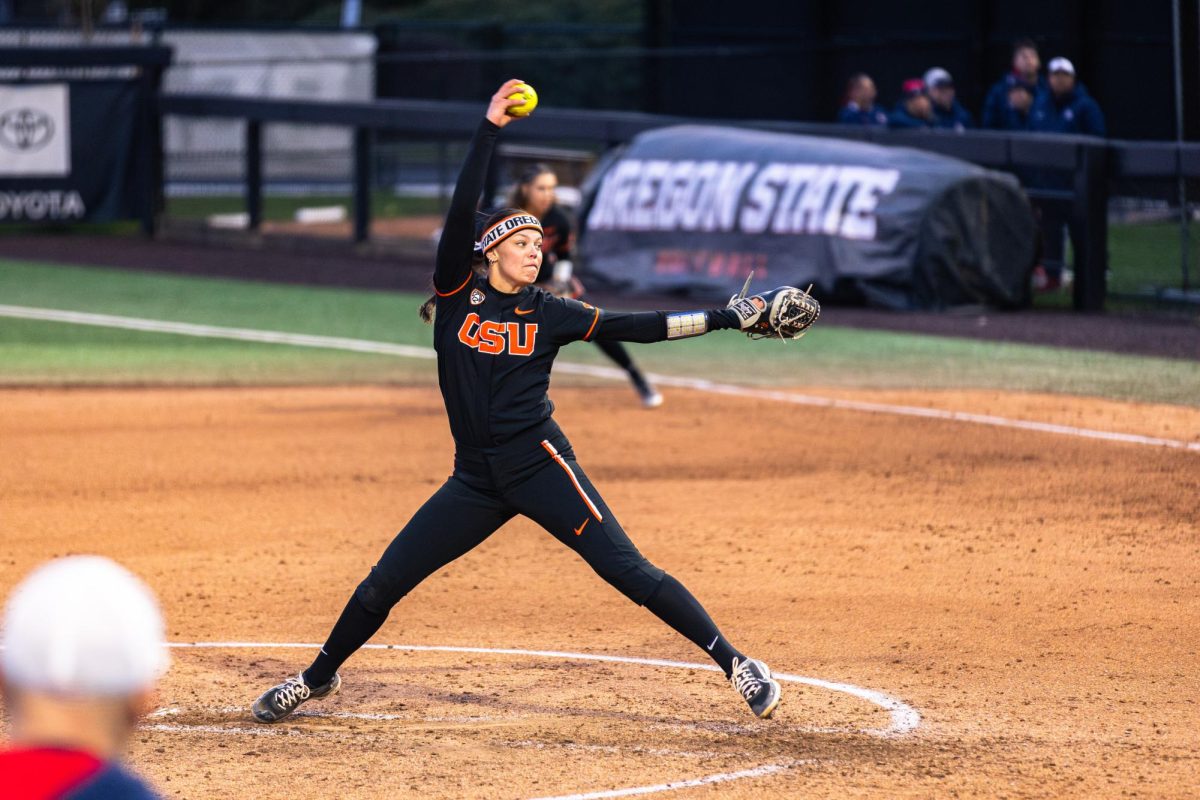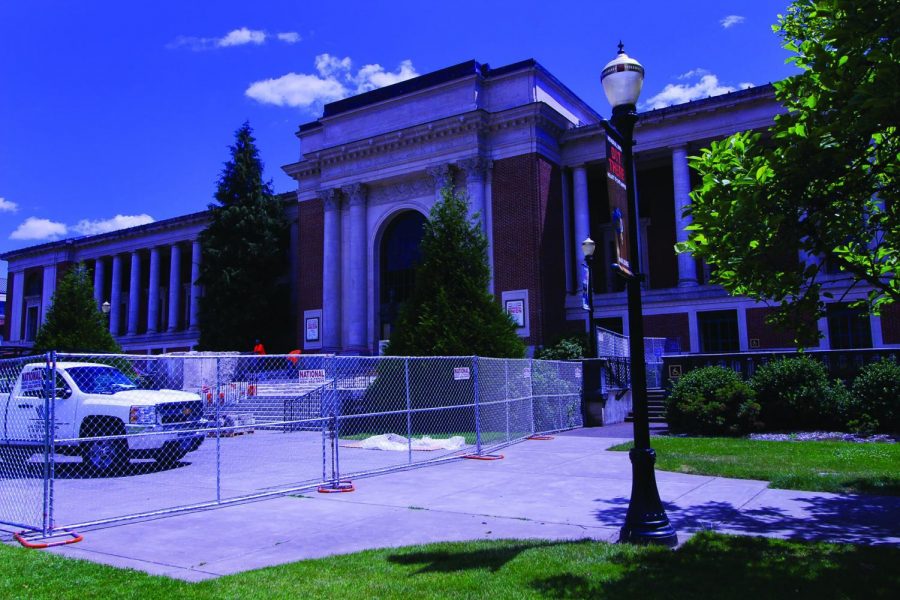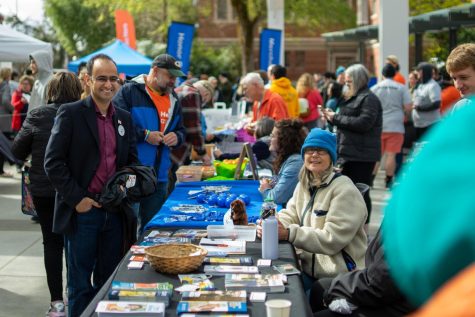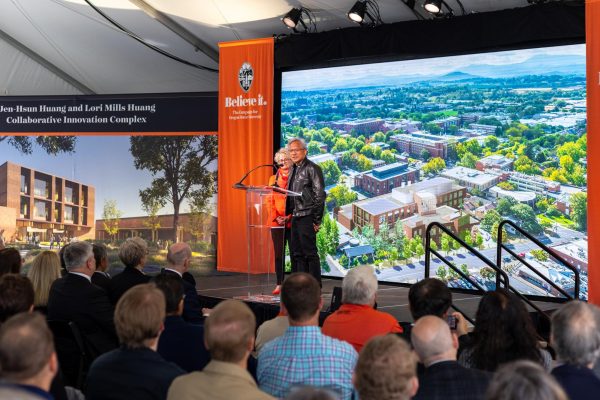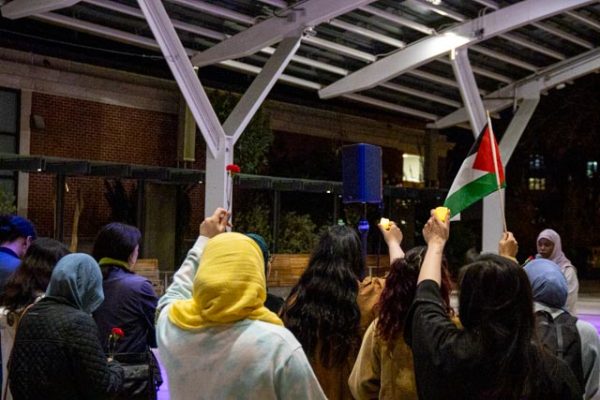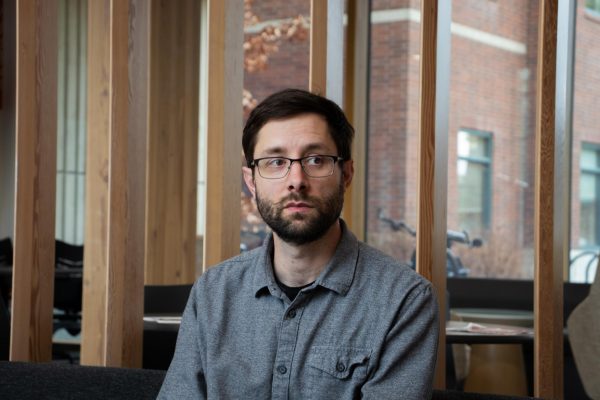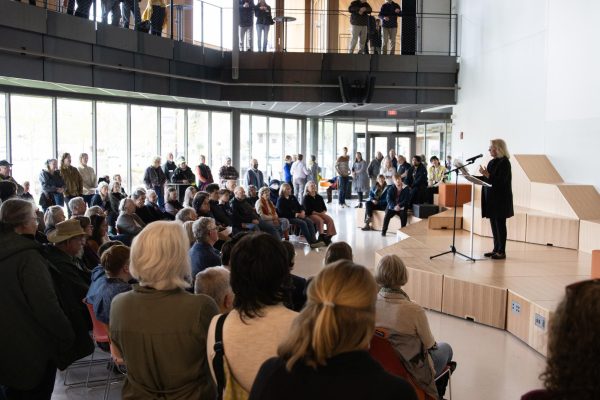Non-faculty staff improve campus operations
July 16, 2018
Staff members collaborate to operate and renovate on-campus facilities
While many students and faculty have left for the summer, non-faculty staff members remain on campus working to keep over 200 of the departments at Oregon State University operational.
Non-faculty staff include full-time classified staff, full-time professional faculty and students who work part-time. Some of the departments that employ these staff members include University Housing and Dining Services, the Memorial Union and Facilities Services, according to Steve Clark, vice president of university relations and marketing.
Many essential employees work in offices and administration. Administrative positions can be in research support, the university pool and transportation services or the Department of Public Safety, Clark said. Non-faculty staff also fill positions in marketing, equal opportunity and institutional diversity, the library and information services.
“Non-faculty staff operate the backbone of OSU,” Clark said via email. “They work hard and find value in their work while still supporting the mission of OSU.”
Sid Cooper, director of facilities for the MU, said he has been working at OSU for 18 years and has enjoyed every minute of it.
“As a student here I used to sit in the north end commons, read my homework and drink coffee thinking about how cool it would be to work at a place like this someday,” Cooper said. “Here I am thirty years later, and it’s awesome.”
According to Cooper, while most students are on break the staff have a variety of duties to continue preserving university buildings.
“All the fire system inspections, carpet and furniture cleaning, floor polishing and maintenance to equipment happens when all the students are gone,” Cooper said. “When no one else is around, we shift gears.”
According to Cooper, the MU entrance is currently undergoing construction to fix the granite steps that had become dangerously unstable.
“We were able to get a project together to take them apart and put them back together again to level, secure and waterproof them all,” Cooper said.
The university would not be able to operate without the help of all non-faculty staff on campus, Clark said.
“Many staff come to work early each morning, or work late through the evenings and during the weekend to make sure OSU operates efficiently,” Clark said via email. “This is the norm, not the exception. Some units are on call for 24/7 for emergencies, needing to be available and ready to act at a moment’s notice.”
Despite its necessity, much of the routine work that takes place on campus goes unnoticed by students, according to MU Operations Manager Michael Mayers. Some students only realize what needs to be done when the work does not happen.
“There have been special people taking care of the buildings and physical campus for 150 years,” Mayers said via email. “It didn’t get this way by magic, and isn’t nurtured, developed, supported and maintained by secret elves toiling away while students sleep.”
For students who want to get involved in these efforts themselves, there are opportunities in part-time jobs, internships and leadership positions, Mayers said.
“Whether that means serving coffee, repairing a bowling pinsetter, hauling surplus, working in a laboratory, giving tours or sweeping floors, you’ll get to know good people and get some experience that will serve you well in the future,” Mayers said via email. “I’d recommend every student seek out an opportunity working to support and improve this campus.”
Cooper said that this kind of work is engaging and difficult, but he would not trade it for any other career.
“I want students to know who we are as people and that we care deeply about working here and supporting them,” Cooper said. “We think it’s a great place to work and we like to have them keep inviting us back.”



